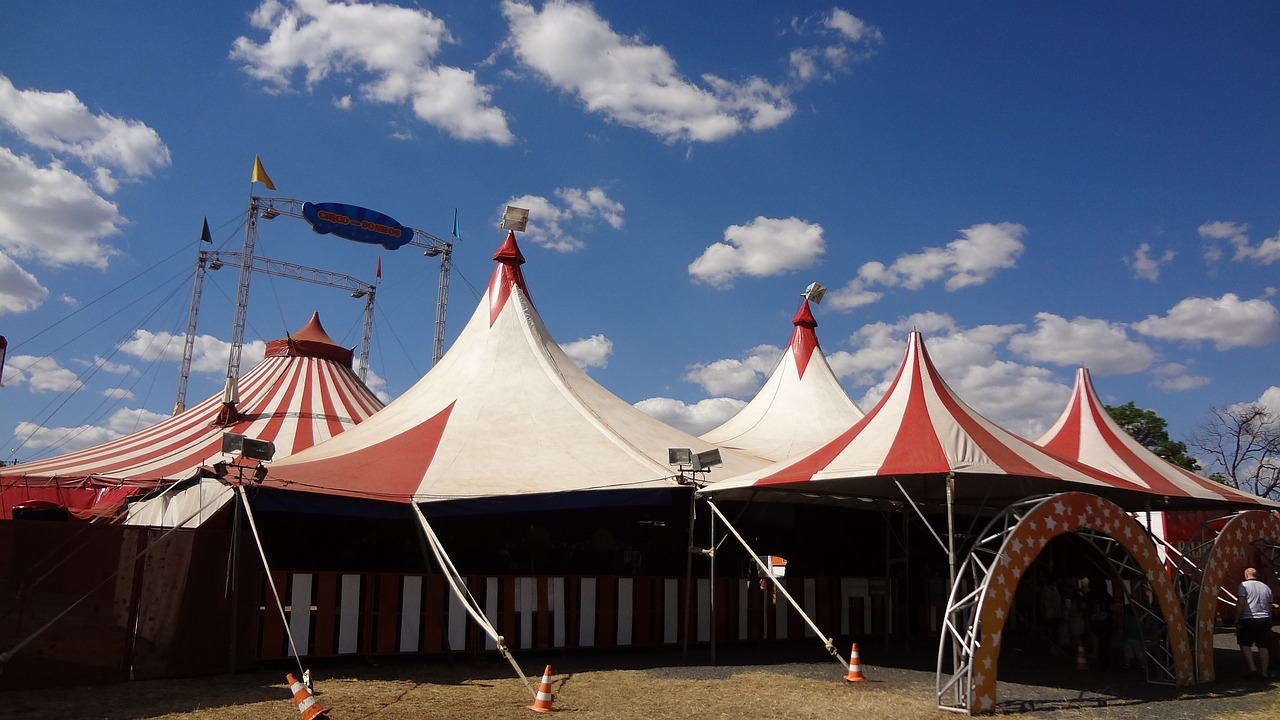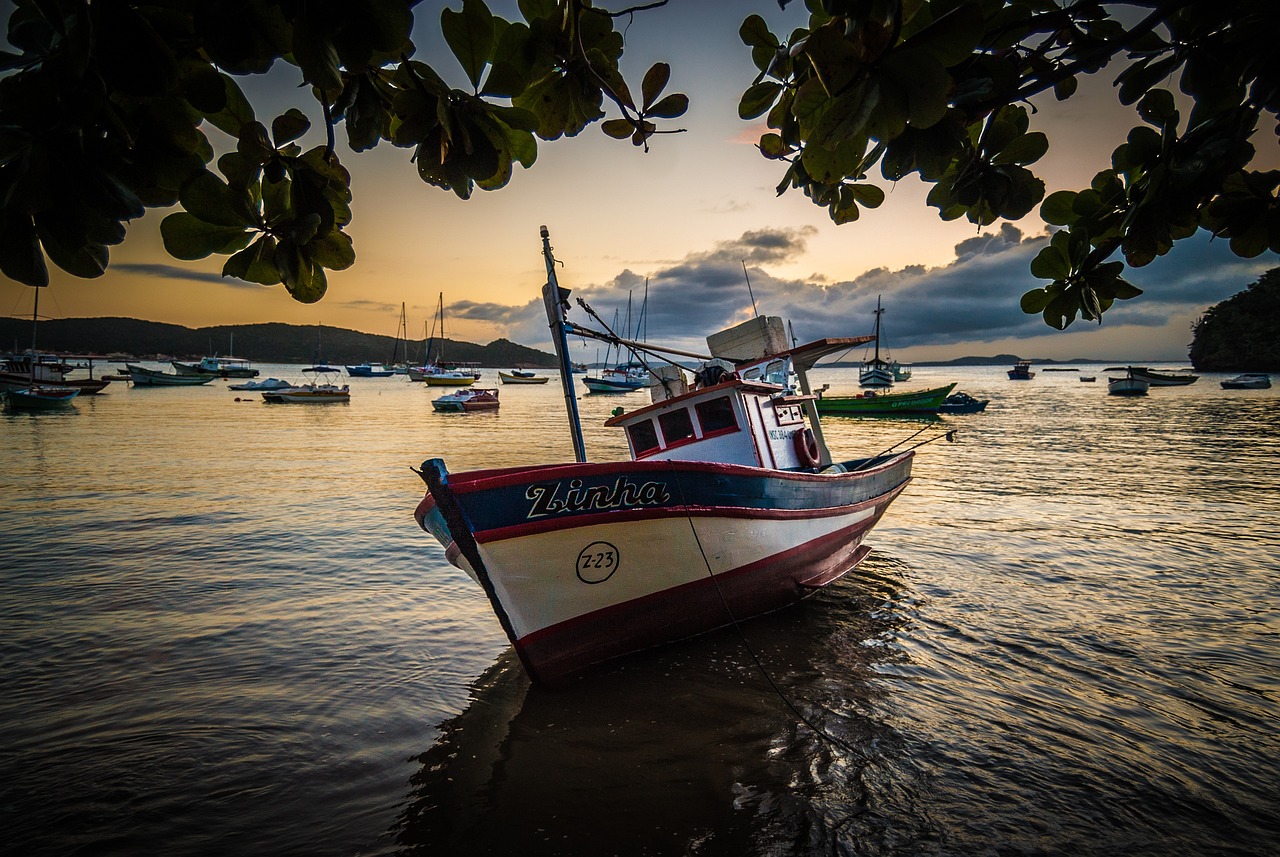Cost of Living in Brazil: A Detailed Breakdown for Digital Nomads
Brazil, with its vibrant culture, stunning landscapes, and diverse cities, has become an increasingly popular destination for digital nomads. In addition to its natural beauty, Brazil offers an affordable cost of living, making it an attractive option for those seeking a balance between work and leisure. In this article, we will provide a detailed breakdown of the cost of living in Brazil, covering various aspects of daily life such as accommodation, transportation, food, entertainment, and more.
Accommodation
- Apartments: Renting an apartment in Brazil can vary greatly depending on the city and neighborhood. In major cities like Sao Paulo or Rio de Janeiro, a one-bedroom apartment in the city center can cost around $600 to $900 per month, while the same apartment in a cheaper neighborhood can range from $400 to $600 per month.
- Hostels: For digital nomads on a budget, hostels can be a cost-effective option. Prices for a dorm bed in a hostel range from $10 to $30 per night, depending on the location and amenities provided.
- Guesthouses: Guesthouses, also known as pousadas, are a popular accommodation choice in coastal towns and tourist destinations. Prices can vary, but expect to pay around $30 to $70 per night for a private room.
Transportation
- Taxis: Taxis in Brazil are generally affordable. The starting fare varies by city but is usually around $1.50. Additional charges apply for distance traveled. It is recommended to use reputable taxi companies or ride-hailing services like Uber or 99.
- Rideshares: Rideshare services like Uber and 99 are widely available in Brazil and often offer lower prices compared to traditional taxis. They provide a convenient and reliable option for getting around cities.
- Public Transportation: Brazil has an extensive public transportation system, including buses and metros. Prices for a single bus or metro ticket range from $0.50 to $1.50, depending on the city. Monthly passes are also available at discounted rates.
Food
- Groceries: The cost of groceries in Brazil can vary depending on the city and the type of products purchased. On average, a basic shopping for a week can cost around $30 to $50. Local markets and supermarkets offer a wide variety of fresh produce, meats, and other essentials.
- Dining Out: Eating out in Brazil can be affordable, especially if you opt for local eateries and street food stalls. A meal at a mid-range restaurant can cost around $10 to $20, while street food options like pastel or coxinha can be as low as $2 per serving.
- Coffee: Brazil is famous for its coffee, and you can enjoy a cup of freshly brewed coffee at a local café for around $1 to $3.
Entertainment
- Museums: Brazil is home to numerous museums, showcasing its rich history and culture. Admission fees for museums range from $2 to $10, depending on the location and exhibitions.
- Malls: Shopping malls are popular entertainment destinations in Brazil, offering a wide range of stores, restaurants, and cinemas. Entrance to malls is free, but expenses for shopping and dining will depend on personal preferences.
- Parks: Brazil boasts stunning natural parks and green spaces, many of which are free to enter. From the famous Tijuca National Park in Rio de Janeiro to Ibirapuera Park in Sao Paulo, there are plenty of outdoor spaces to explore and enjoy.
Healthcare
- Public Healthcare: Brazil has a universal public healthcare system known as Sistema Único de Saúde (SUS). While the quality of public healthcare can vary, it is generally accessible and free of charge for Brazilian citizens and legal residents.
- Private Healthcare: Private healthcare options are also available in Brazil, with a wide range of hospitals and clinics offering services to both locals and foreigners. Costs for private healthcare can vary depending on the provider and the type of service required.
Utilities
- Electricity: The cost of electricity in Brazil can vary depending on the region and consumption. On average, monthly electricity bills for a small apartment can range from $40 to $70.
- Water: The cost of water in Brazil is relatively low. Monthly water bills for a small apartment usually range from $10 to $30.
- Internet: Internet service providers offer various packages with different speeds and prices. Monthly internet plans in Brazil range from $20 to $50, depending on the provider and the desired speed.
Conclusion
In conclusion, Brazil provides a favorable cost of living for digital nomads, making it an attractive destination to live and work remotely. With affordable accommodation options, reasonably priced transportation, and a diverse range of food and entertainment choices, Brazil offers a high quality of life without breaking the bank. It’s important to note that costs can vary depending on the city, neighborhood, and personal spending habits. It’s always recommended to research and plan accordingly to make the most of your budget while enjoying all that Brazil has to offer.
Brazil Image 1:

References
- exame.abril.com.br
- g1.globo.com
- numbeo.com
- expatistan.com


